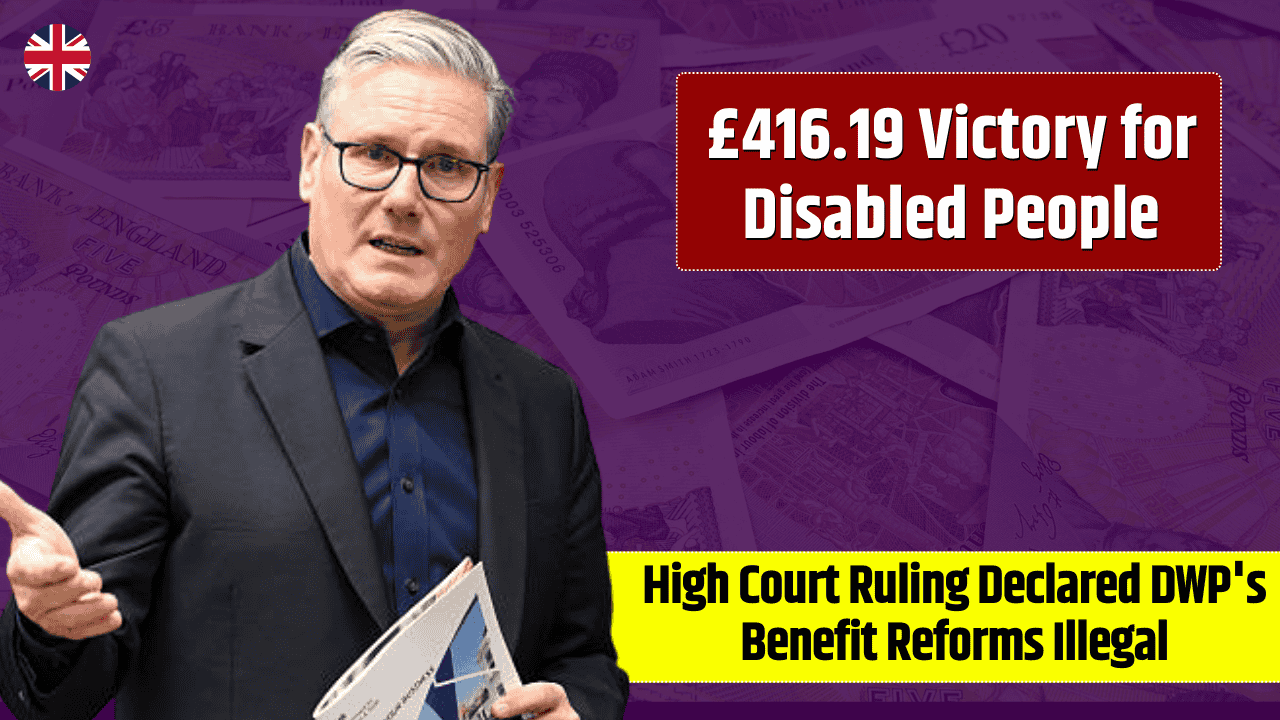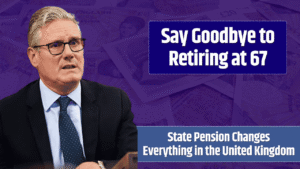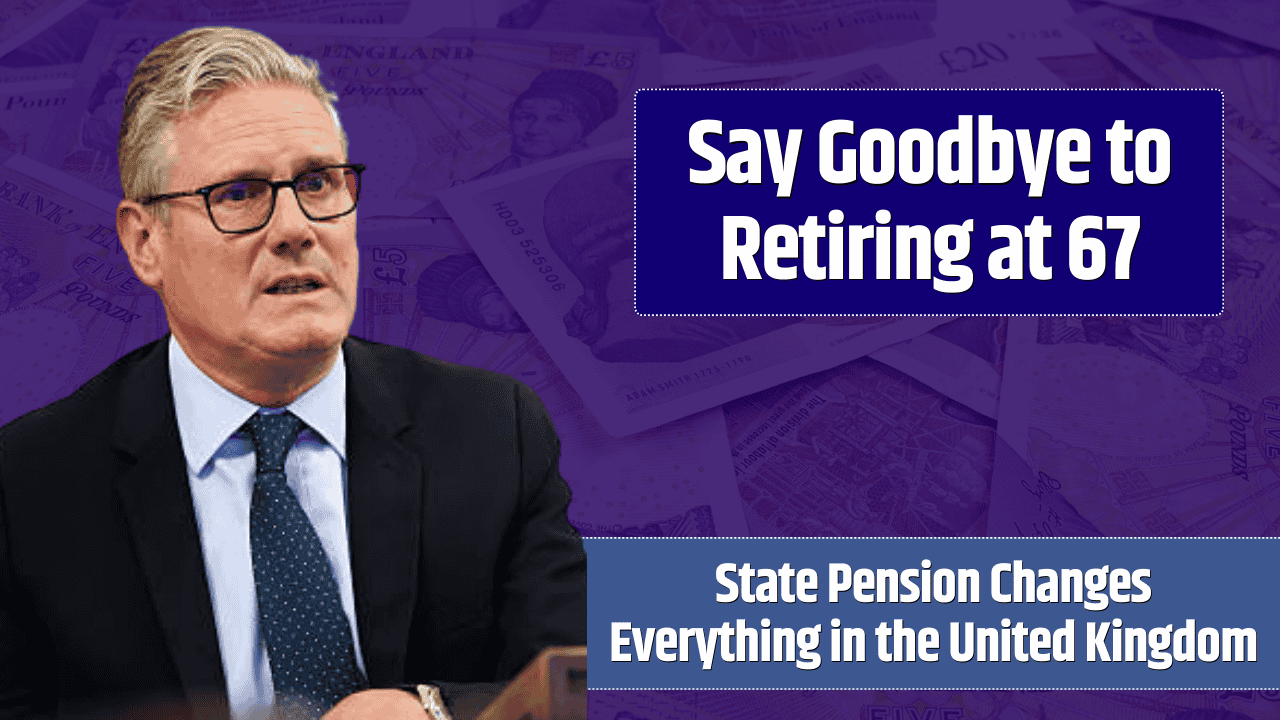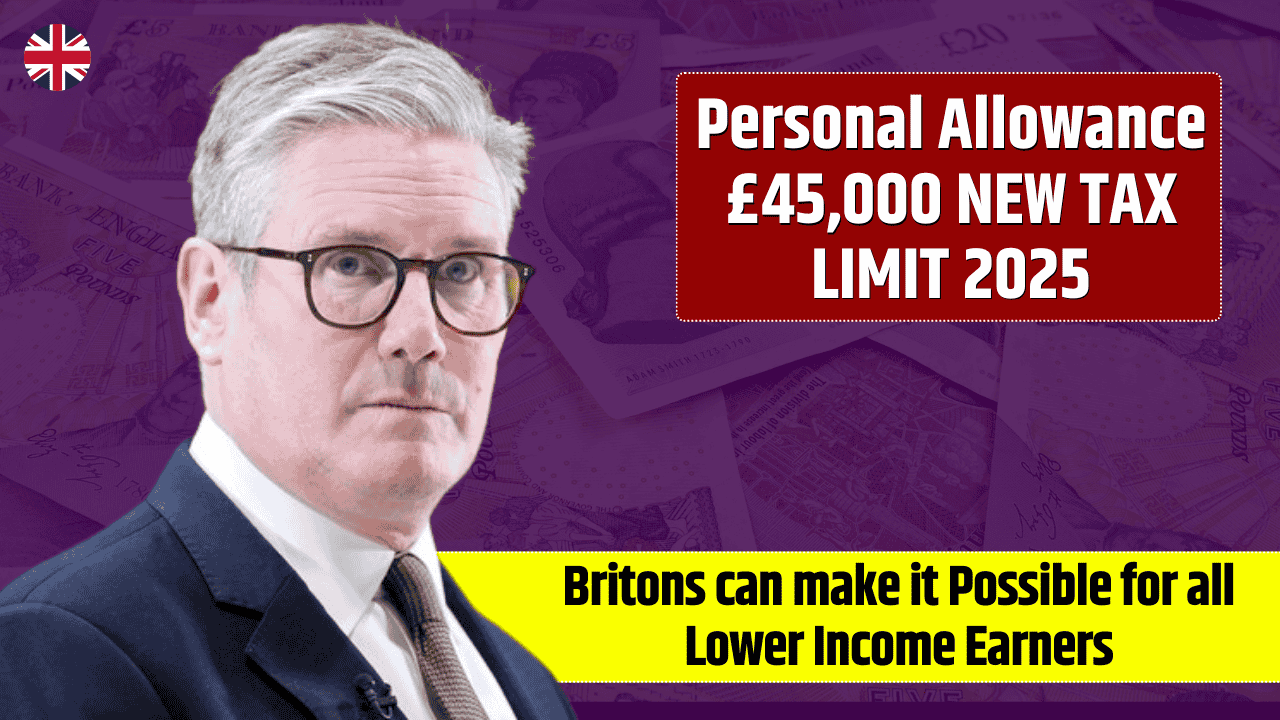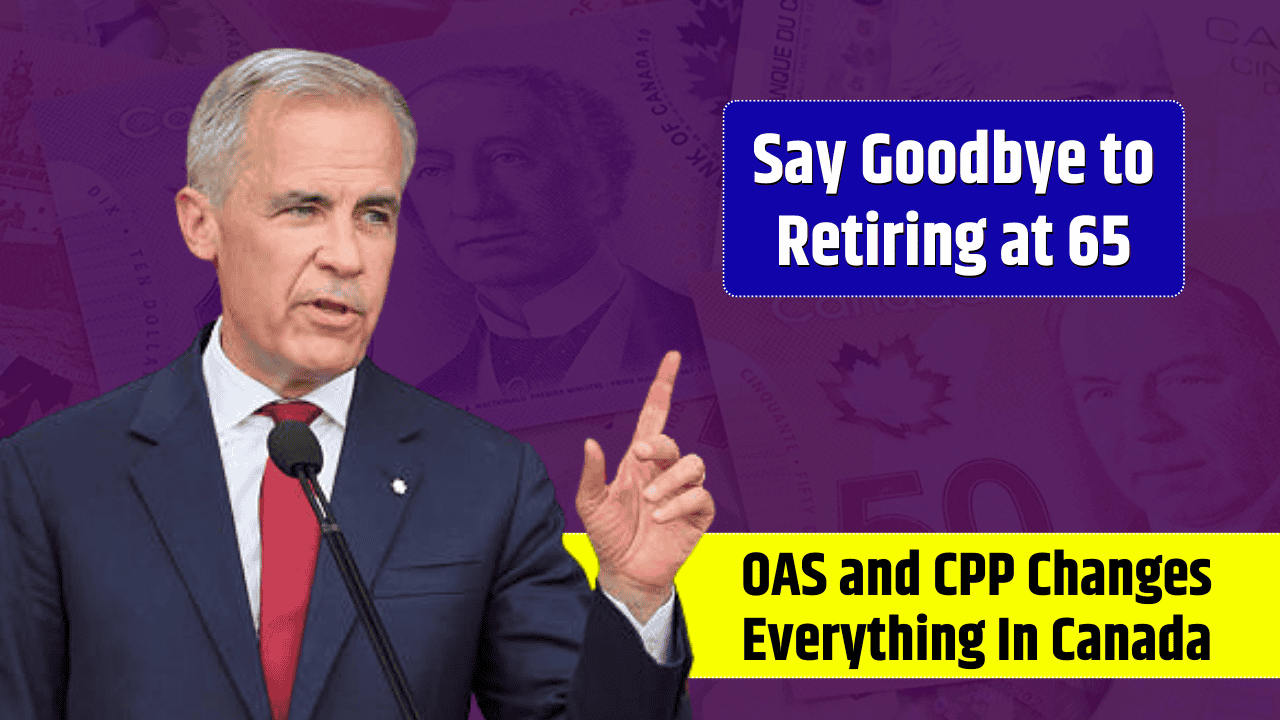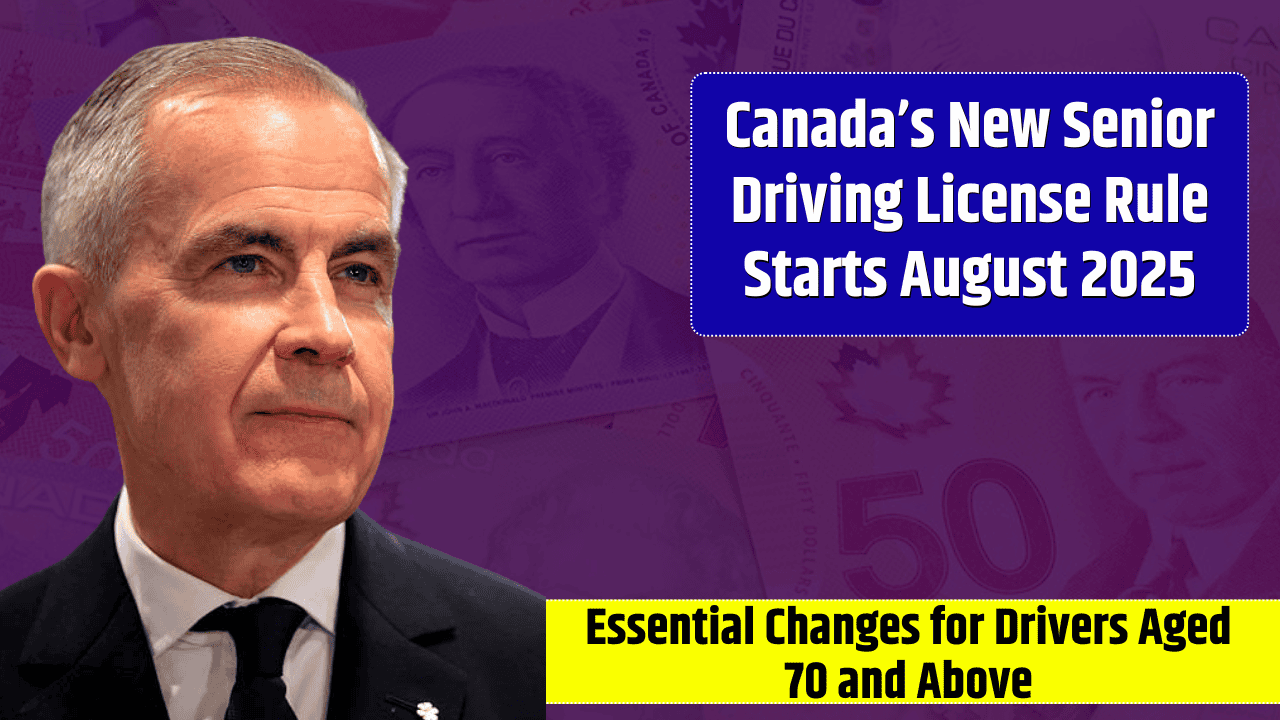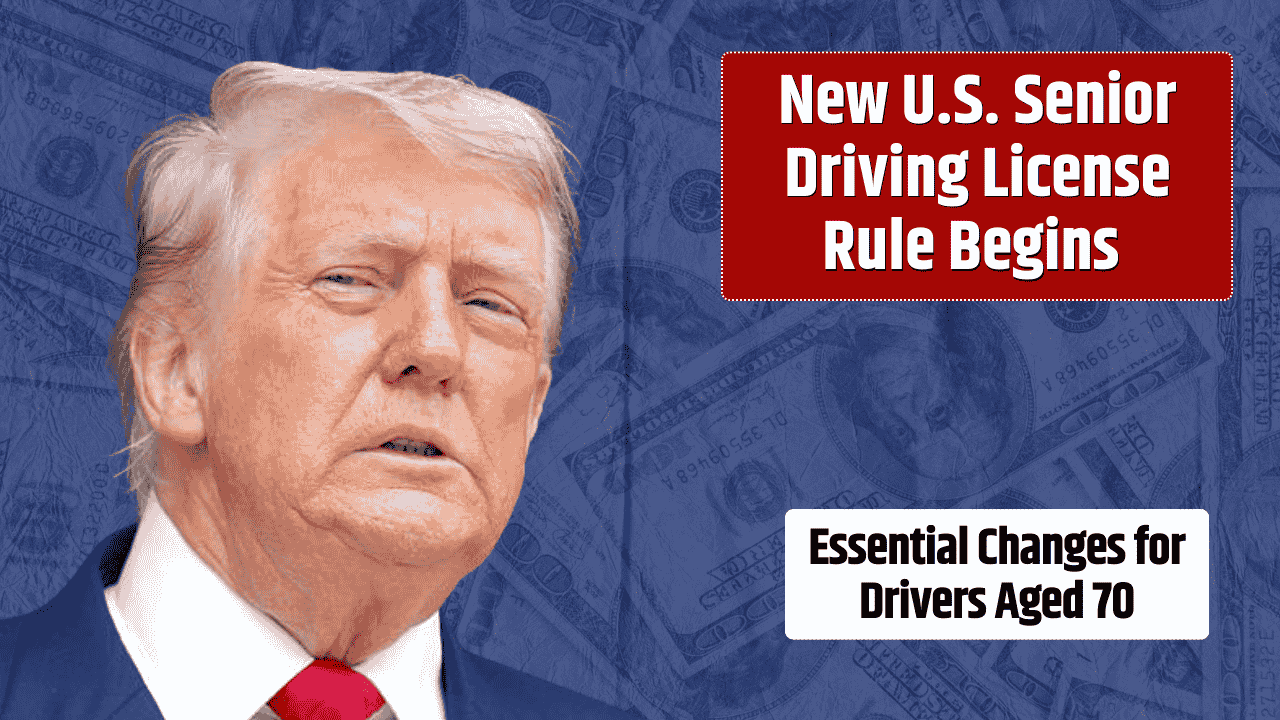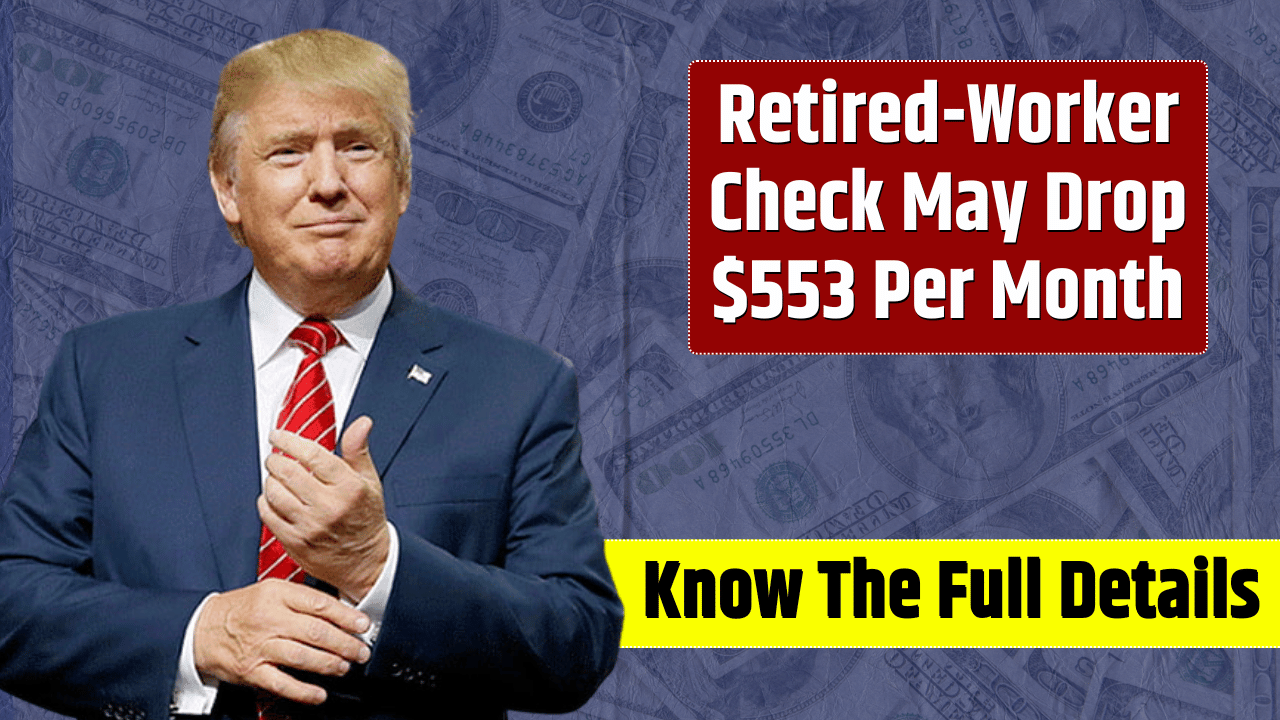It’s one of those rare legal stories that’s both a technical point of administrative law and a gut punch to the conscience. Last week’s High Court ruling against the UK’s Department for Work and Pensions (DWP) didn’t just flag a bureaucratic slip—it ripped the lid off a consultation process that, according to the judge, was so flawed it broke the law. And the people caught in the middle? Hundreds of thousands of disabled claimants, some now staring down the barrel of poverty.
This wasn’t about minor tweaks to forms or processes. We’re talking about proposed reforms that could have stripped or slashed benefits for 424,000 disabled people, with nearly 100,000 projected to fall into absolute poverty. That’s not just bad policy—it’s the difference between heating your home and going cold in winter.
Table of Contents
The Reform That Wasn’t What It Claimed to Be
Officially, the DWP pitched these changes as a nudge toward “helping disabled people into work.” Noble goal, right? Except internal DWP memos—dragged into daylight during the case—told another story. They showed the real driver was cost-cutting, not job creation. Worse, there was no solid evidence the reforms would boost employment outcomes.
When you drill into the numbers, the human impact is staggering. Some claimants stood to lose more than £416.19 every single month. That’s not belt-tightening—that’s taking the belt away entirely.
| Key Detail | Figure/Fact |
|---|---|
| Claimants affected | 424,000 |
| Pushed into absolute poverty | ~100,000 |
| Monthly loss for some | £416.19+ |
| Consultation status | Ruled unlawful |
| Main policy driver | Cost-cutting, not proven employment gains |
What the Court Actually Said
Justice Calver didn’t mince words. The DWP’s consultation process was not just poor—it failed to meet legal standards. In UK public law, consultations aren’t optional PR exercises; they’re a binding duty when policy changes will hit vulnerable groups.
The court found that the DWP withheld critical impact assessments from the public. That meant people were giving feedback without knowing the true stakes. In legal terms, that’s like being asked to sign a contract without seeing the fine print.
Read Also- Personal Allowance £45,000 NEW TAX LIMIT 2025 – Could Be a Game-Changer for Working Brits
The Fallout and What Comes Next
Here’s where it gets tricky. This ruling doesn’t automatically put benefits back into pockets. It invalidates the consultation process—the foundation of the reforms—but doesn’t scrap the reforms themselves. That said, it hands campaigners a legal crowbar to pry them open.
Groups like Inclusion London and the Public Law Project are pushing for a complete do-over, with disabled people at the center of the process. The PCS union—which represents many DWP staff—has also called the reforms “harmful” and demanded an evidence-led, inclusive approach.
Why This Matters Beyond Disability Benefits
This ruling cracks open a much bigger debate about where public money goes. Critics argue that the government spends disproportionate energy chasing small-scale welfare fraud, while billions are lost each year to tax avoidance or corporate loopholes. When cuts target the poorest, the savings are marginal—but the human cost is huge.
And there’s a moral undercurrent here: policymaking in a democracy relies on trust. If departments can spin a reform as “support” while hiding data that shows it’s harm, that trust erodes fast.
FAQs
Does the ruling reverse the DWP’s reforms?
No. It invalidates the consultation process but doesn’t automatically reinstate benefits.
Could affected claimants get compensation?
Not from this ruling alone. That would require separate legal action or government decisions.
Why were the reforms ruled unlawful?
Because the DWP withheld critical information during consultation, breaching legal duties of transparency.
Who brought the case to court?
Disability rights campaigners, supported by advocacy groups like Inclusion London and the Public Law Project.
What’s the next likely step?
Campaigners will push for a fresh consultation, potentially followed by legal challenges if the reforms remain.

